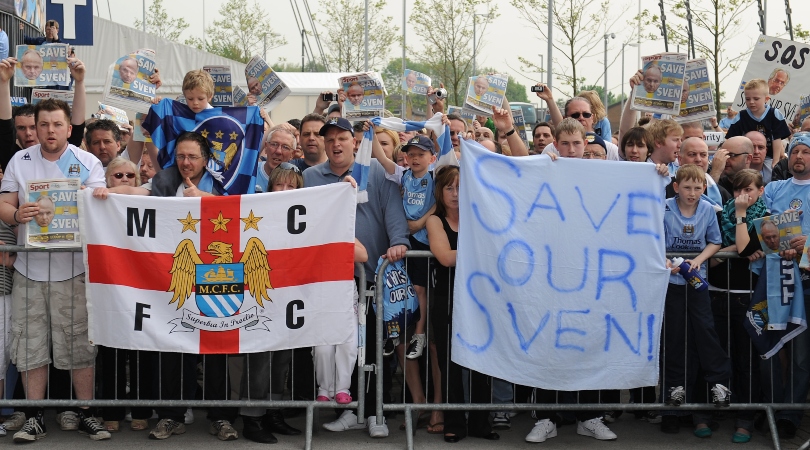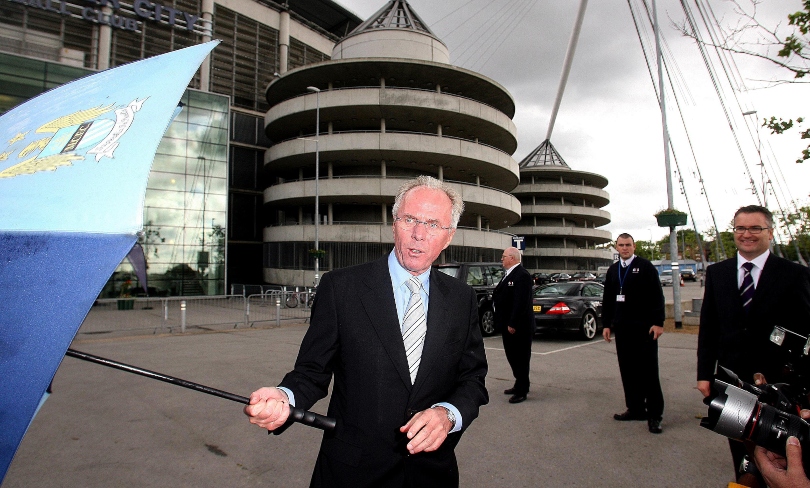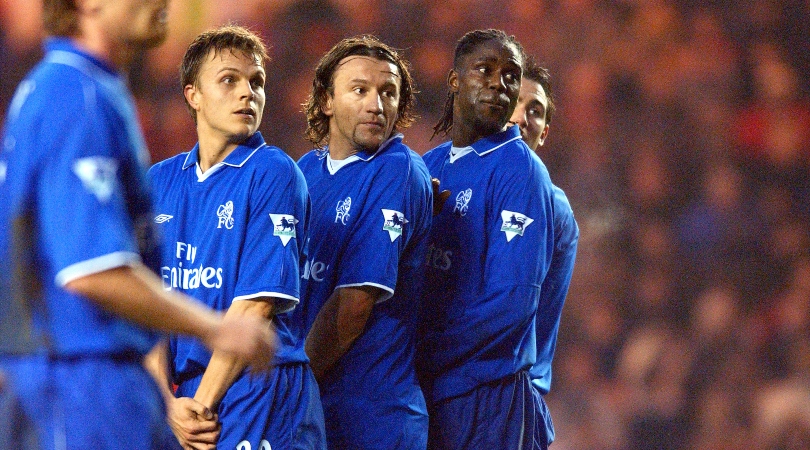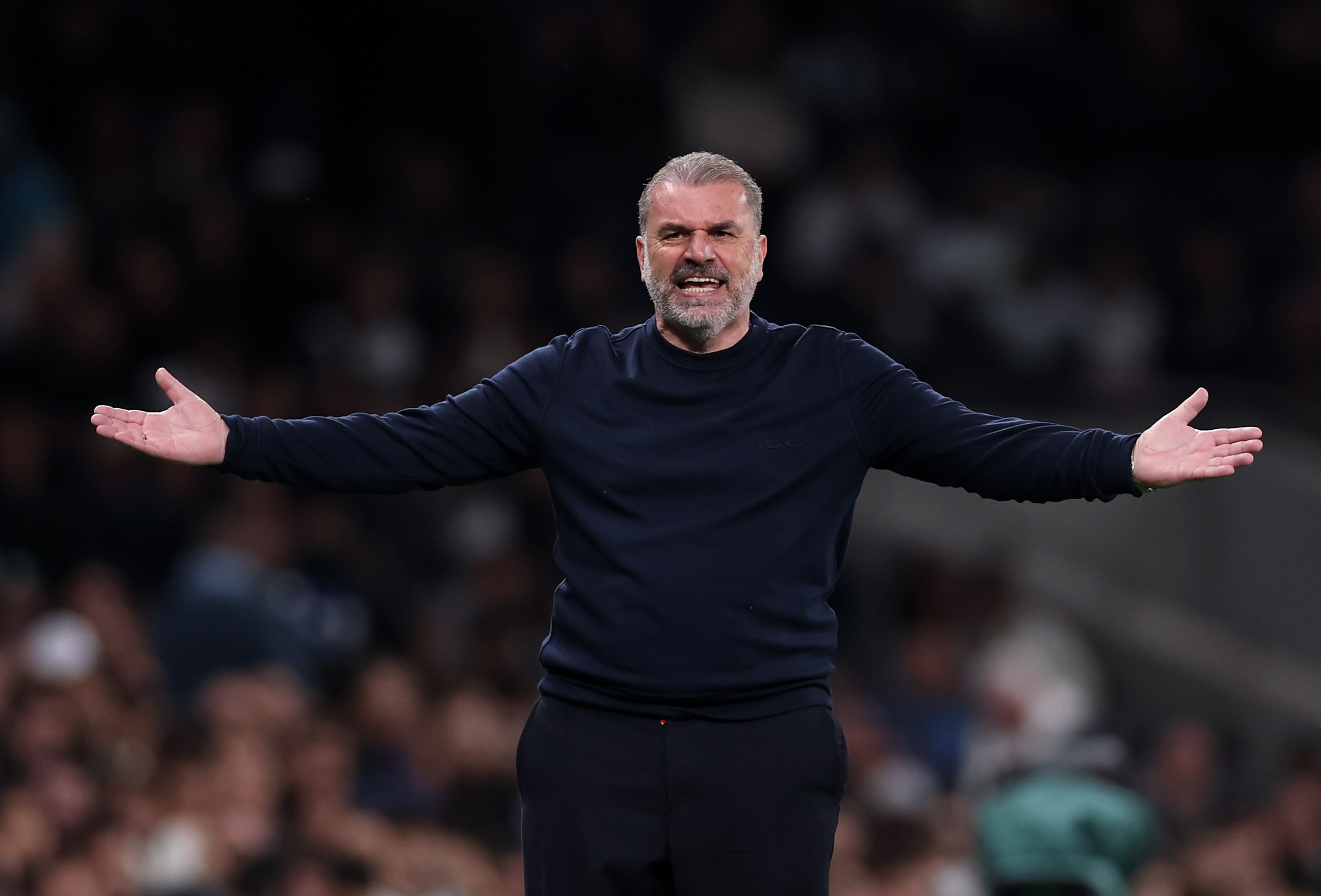Before the gold rush: remembering Manchester City’s last season before Sheikh Mansour
Sven-Goran Eriksson’s post-England career, Thaksin Shinawatra’s money-laundering problems and losing 8-1 to Middlesbrough – a look back at City’s 2007/08 season

A new owner, a new manager and a surge of fresh hope. Manchester City experienced all three twice in quick succession. The first was a false dawn; the second turned out to be the real thing. The club was catapulted to glory and global prominence by the Abu Dhabi royal family, but not before a briefly promising-yet-chaotic interlude under Thaksin Shinawatra.
Manchester City had been drifting listlessly with Stuart Pearce in charge, becoming all too accustomed to uninspiring football and life in the lower reaches of the Premier League. Shinawatra’s takeover in June 2007 was intended to remedy this. The former Prime Minister of Thailand appointed Sven-Goran Eriksson as manager, a year on from the Swede leaving the England job.
The aim was to get City challenging for European places. Eriksson was active in the transfer market that summer in order to make it happen, completing eight signings at a combined cost of more than £40 million. It was pocket change in comparison to the eye-watering sums spent in subsequent years, but marked a clear shift in direction all the same.
Rolando Bianchi failed to settle and Valeri Bojinov struggled desperately with injuries, but Elano and Martin Petrov brought much-needed thrust and potency to a team that had scored just 29 league goals the previous season – the joint-lowest total in the entire division. Gelson Fernandes, Vedran Corluka and Javier Garrido were also solid additions.
City won their first three games of the season without conceding a goal, including a fortuitous victory over Manchester United, to emphasise how much had changed. They were briefly top of the table, Eriksson was named August Manager of the Month and Micah Richards took the award for Player of the Month. City were still in the top four as late as January.
Brazil international Elano was a delight to watch, particularly in that joyful first half of the season. He orchestrated Manchester City's attack, unlocking defences and enhancing his reputation as a set-piece specialist. He scored eight goals, including a sublime free-kick against Newcastle, and registered the same number of assists.
It wasn’t just new signings, though: existing players were impressing too. Youth prospects Richards, Nedum Onuoha, Michael Johnson and Stephen Ireland were making great strides, while Joe Hart – who'd arrived from Shrewsbury Town in 2006 – was boldly promoted to first-choice goalkeeper ahead of Andreas Isaksson and Kasper Schmeichel.
Get FourFourTwo Newsletter
The best features, fun and footballing quizzes, straight to your inbox every week.

With the Champions League in their sights, City’s form collapsed after the turn of the year. They won only four of their final 17 league games despite bringing in another two strikers, Benjani and Felipe Caicedo, on transfer deadline day. Mexican forward Nery Castillo also arrived on loan but went on to start only two Premier League games.
In contrast to their rapid start, City stumbled over the finishing line in embarrassing fashion. They ended the season with three straight defeats, the last of which was an 8-1 mauling away to Middlesbrough. Richard Dunne’s early red card put them on the back foot, but there was a worrying lack of professional pride in their performance.
Eriksson was already rumoured to be leaving and his departure was duly announced within a month. Mark Hughes was successfully prised from Blackburn Rovers to replace him, as investigations into Shinawatra’s corruption and money laundering mounted back in Thailand. He was forced to sell the club in August 2008 after his assets were frozen and arrest warrants issued.
The Abu Dhabi royal family, led by Sheikh Mansour, swooped in to fill the void and immediately made a bemused Robinho their marquee signing. An odd transitional year ensued before Hughes was ousted and the City project started to gather serious momentum under Roberto Mancini.
INTERVIEW Robinho – "I had a fight with Craig Bellamy once, but then who at City didn’t?!"
The noisy neighbours intent on disrupting the established order have become remorseless Premier League pacesetters in the space of little more than a decade, overtaking their increasingly disorganised rivals. The club’s facilities have been completely revamped along with its squad, creating the basis for future success.
The overhaul has been startling in both scale and execution. In 2007/08, a much-improved Manchester City still finished 32 points behind Alex Ferguson’s United, who wrapped up yet another league title. Eleven years on, the difference between the two was exactly the same – only this time it was United who were left in the dust.
While you're here, why not take advantage of our brilliant subscribers' offer? Get 5 issues of the world's greatest football magazine for £5 – the game's greatest stories and finest journalism direct to your door for less than a pint in London. Cheers!
NOW READ…
LONGREAD Awaydays: How we made the best soundtrack in football film history – with no money
QUIZ Can you name the 44 teams Frank Lampard played against in the Premier League?

Sean Cole is a freelance journalist. He has written for FourFourTwo, BBC Sport and When Saturday Comes among others. A Birmingham City supporter and staunch Nikola Zigic advocate, he once scored a hat-trick at St. Andrew’s (in a half-time game). He also has far too many football shirts and spends far too much time reading the Wikipedia pages of obscure players.

